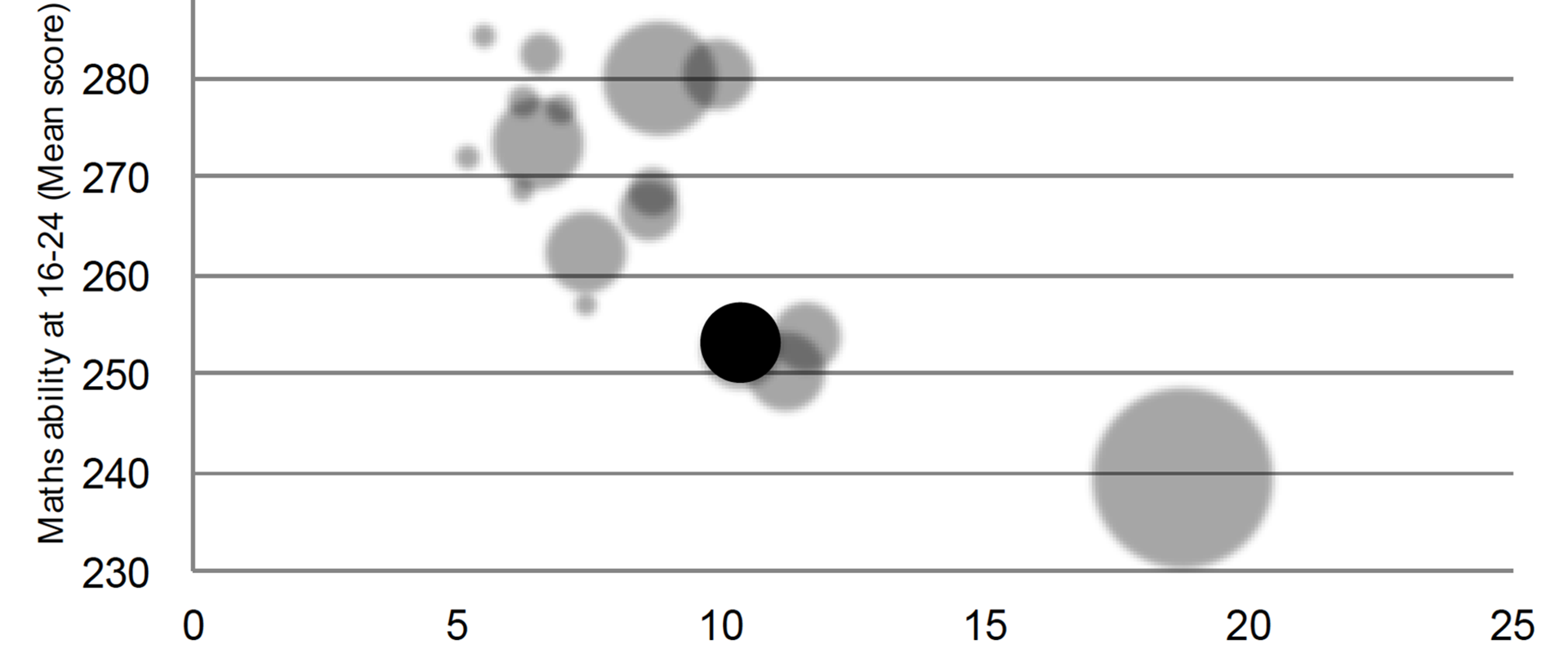Theories of potential and the creation of inequality (in education)

Recording from the Bristol Festival of Ideas, University of Bristol, June 11th 2015:
When it comes to people, the word potential has come to mean very different things to different readers. The UN Convention on the Rights of the Child states that educational establishments should be well funded and governments should take all necessary steps to create an environment where all children can grow and reach their full potential. A familiar reaction to such progressive rhetoric is to cast doubt on the idea that many children have much potential and to then suggest that just a few need to be sought out and specially nurtured. This drives growing inequality. Inequality is created, maintained and defended by the theory that different people are of greatly different worth; that their children have hugely varying potentials; that inequality is inevitable; and that all is roughly for the best in the best of all possible world’s.
However, more compelling evidence suggests that we have the potential to think, dream and become better than this. But that potential is collective, not individualistic, and will not be fully realized while we are so diverted by the search for the ‘golden child’ – the mythical individual with the greatest inherent potential of all. Or as Prime Minster David Cameron saw his role, to: ‘give families peace of mind that their kids can realise their full potential’. How many families lose sleep at night over whether their children have reached some ‘full’ potential imaged by Dave and his advisors?”
A video-version of this talk including the slides can be accessed via http://www.bristol.ac.uk/education/research/edfest/